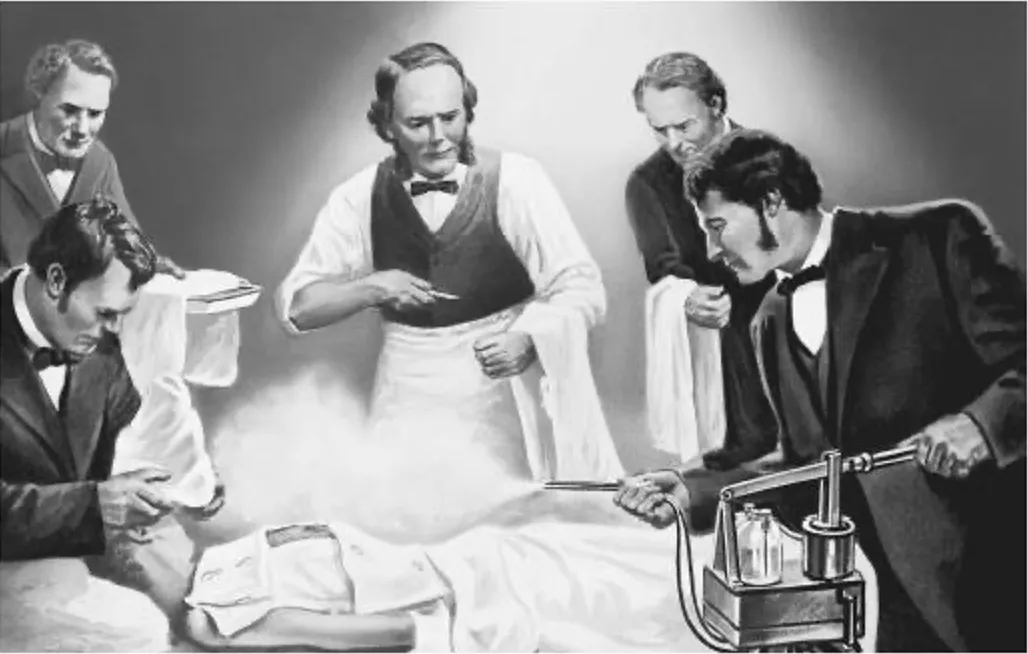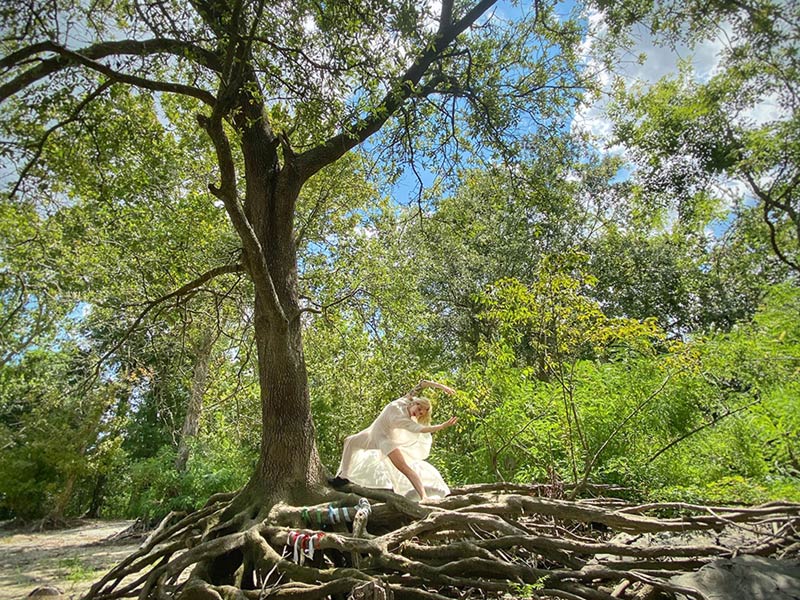
In the spring of 2020, the School of Liberal Arts announced two new additions to the school’s summer programs roster: Creative Industries Through the Crisis and Contagions, Virality and Disease. Welcoming intellectual and social growth from our current moment, professors across the school updated coursework in these programs to remain interdisciplinary in their approach and grounded in research, yet focused on the future.
Each course in the Contagions, Virality and Disease summer program equipped students with a broader historical context for discussing Covid-19, but students were presented opportunities to draw parallels between current and historical experiences in history professor Karissa Haugeberg’s course, the “History of Medicine.” A popular course for both liberal arts and pre-med students, Haugeberg offers this course regularly but explained that this summer it took on a new life. “While in the past I taught this course more straightforwardly as an intellectual history, I reframed it to focus on how medicine is experienced from the patient’s point of view, focusing more on the social history of medicine.” Doing so allowed students to engage in discussions ranging from Italy’s response to the bubonic plague to the beginning of the AIDS crisis, exploring similar questions individuals faced then, and now: How do we respond to physicians offering differing advice as they learn more about a new virus? Whose body is put at risk to care for others? To what degree do we really value those whom we call heroes, when we don’t pay them well?
“Taking a look at the social and political history of medicine led the students to discuss racism, economic inequality, gender, and politics,” explained Haugeberg. “And while the politics of the Covid pandemic framed almost everything we talked about, the students were also very disciplined in their study of particular historical contexts that framed different pandemics.”
Theatre and dance professor Leslie Scott also adapted a course she has taught in the School of Liberal Arts for the past two years for the new Creative Industries Through the Crisis summer program. In her course “Non-profit Development,” students focused on the main elements of a tax-exempt organization, fundraising, design thinking, advocacy, and strategic planning. For each of the course’s five modules, Scott led discussions on what the organizational element encompassed before the pandemic and how these elements have shifted due to Covid. “I really don’t see a world where we’re moving backward,” explained Scott. “Regardless of where we are with Covid, there are some new best practices that are going to be here to stay. This is a moment of change, of philanthropic giving, of social justice work, and reformation.”
About half of the students in this course were also enrolled in the service-learning component of the class focusing on community engagement. Working with Scott’s colleagues at the non-profit collaborative dance company BODYART, students concentrated on one of two projects: either conducting research with the Center for Sustainable Economic Development in New Orleans’ Lower Ninth Ward looking at how the term “blight” can raise or lower the economic standards of community, or creating virtual empowerment classes for women in domestic violence shelters. Throughout the summer, each student worked on these projects in a way that was tailored to their own interests, so while a student in communication helped develop language for the classes, a statistics student helped crunch numbers on blight research.
“Traditionally,” Scott expressed, “service learning would be in person, so we’ve had to shift our expectations.” Rather than working on the ground in communities this summer, Scott’s students conducted research for their projects digitally. Although the experience differed from before, Scott believes this continued to reinforce what social change looks like at a practical level. Similarly, Haugeberg found methods to emphasize group learning that students would normally experience in a classroom. Posting primary documents, such as an 18th century document on smallpox, to the Hypothesis software, Haugeberg assigned students with the task of highlighting and defining one term in the shared document so each classmate could read it more easily. “We’re all adapting to new ways of learning and life, but it’s important to continue thinking creatively about how to interact with each other in ways that are intellectually stimulating,” said Haugeberg.


